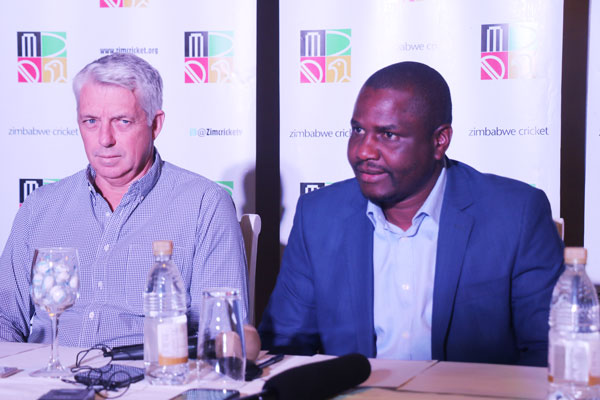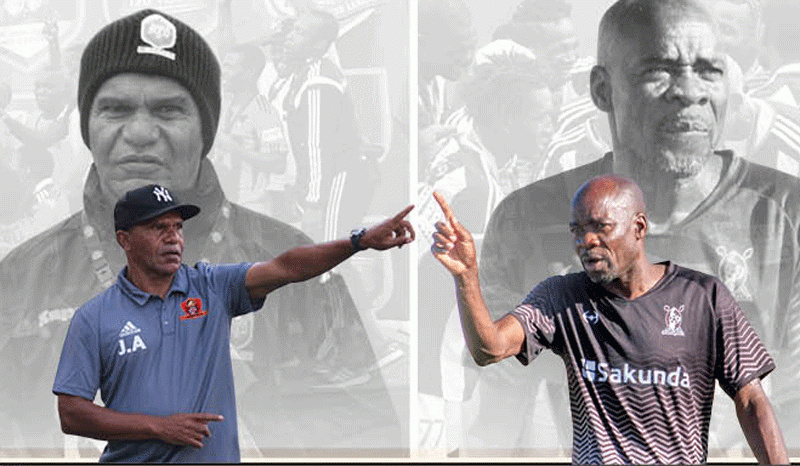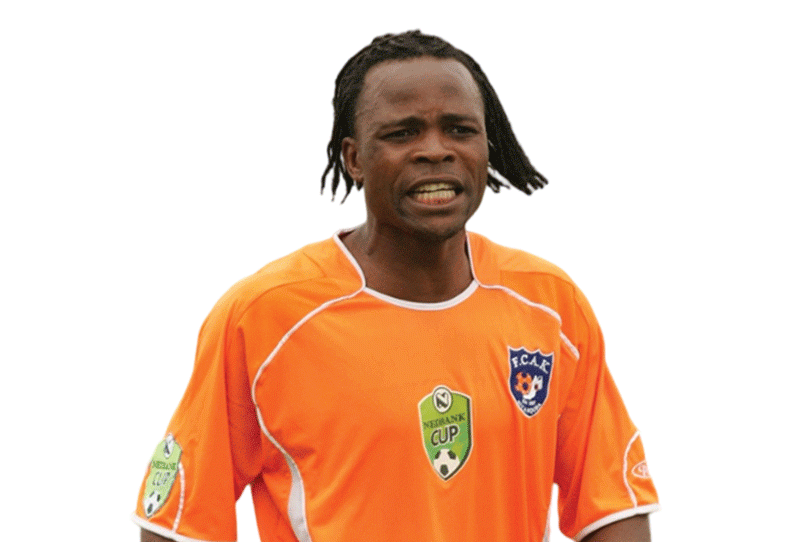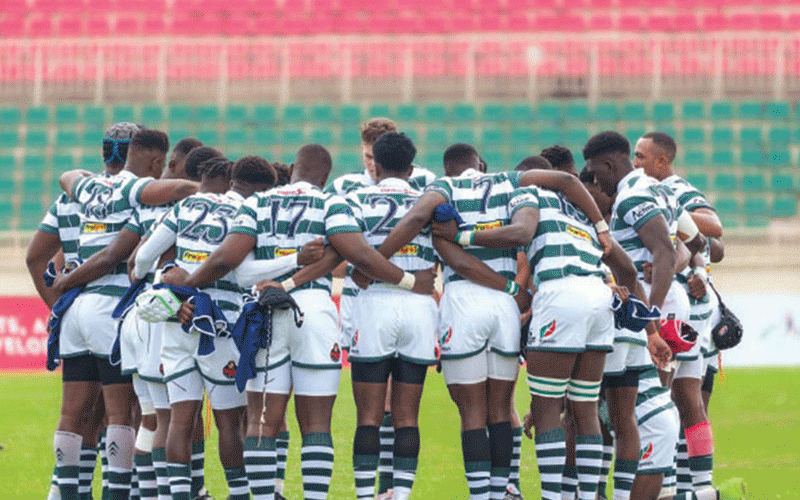
International Cricket Council (ICC) chief executive David Richardson says Zimbabwe Cricket (ZC) is in a “survival mode” after the country narrowly avoided being put on notice for suspension from the world cricket governing body due to its financial problems.
BY DANIEL NHAKANISO

Richardson, who arrived in the country last week accompanied by ICC chief financial officer Ankur Khannadeal, held meetings with ZC officials led by board chairman Tavengwa Mukuhlani where they agreed on a strategic business, financial and cricket plan to breathe new life in the domestic game.
A plan of action to ensure ZC receives funding via a more regulated process to ensure it can meet its commitments is expected to be presented to the ICC board at its meeting next month.
“The meetings were extremely valuable. I think we made a lot of progress in putting together this plan on a collaborative basis, which we will present to our board in October and hopefully they will see that Zimbabwe cricket can be viable,” Richardson said at a press briefing in Harare yesterday.
In view of the financial problems faced by the Mukuhlani-led body as well as a debt which is around $20 million, the ICC has directed ZC to cut its wage bill among other measures to help Zimbabwe solve its problems
“The bottom line is you can only spend as much money as you’re getting in. At the moment, the revenues that Zimbabwe Cricket generate are almost exclusively reliant on ICC revenues,” said Richardson.
“So, not only do we have to make sure that we’re cutting costs, we also need to make sure we look into ways of generating new revenues for the game.
- Chamisa under fire over US$120K donation
- Mavhunga puts DeMbare into Chibuku quarterfinals
- Pension funds bet on Cabora Bassa oilfields
- Councils defy govt fire tender directive
Keep Reading
“This will come with increased confidence in Zimbabwe Cricket, you can’t expect to sign sponsors if they don’t have confidence with what’s happening on the ground.”
Richardson also warned that the agreed plan, which will be presented to the ICC board, was not the panacea to the problems bedevilling the country’s second biggest sport as there was still a lot of work to be done to restore it to its former glory.
“I want to emphasise that this is not a meeting where we have solved all the problems and suddenly we can go away and everything is hunky-dory. No, it’s going to take a lot of work; it’s going to take working with the whole cricketing community in Zimbabwe,” he said.
“The meetings were very frank and very helpful, but I emphasise again, it’s only the start, we still got a long way to go. We used the words ‘Zimbabwe cricket is in survival mode’.
“For the next two years we plan to have an activity list, not even a strategy, but a list of activities that we need to do and we will tick them off one-by-one and get through them. But at the end of it, I am certainly confident that there is light at the end of the tunnel and Zimbabwe Cricket will hopefully be something that the whole of Zimbabwe can be proud of.”
Richardson revealed that Zimbabwe came very close to being served with a notice of suspension at the ICC’s annual conference in Dublin, Ireland, early this year, which would have resulted in a significant reduction of its funding from the ICC for this cycle from $73 million to about $8 million.
ZC, through working with the Zimbabwe Asset Management Corporation, has been able to renegotiate its debt, which reportedly totalled around $20 million.
“There are many member countries that are looking for increased distribution of funds from the ICC to make their cricket sustainable,” Richardson said.
“They are constantly looking at how come Zimbabwe got so much, whereas they don’t. So, there’s pressure on members to become self-sustaining and not be a drain on the ICC distributions.”
Richardson said the ICC was concerned that funding being provided to ZC was continuously burdened by the legacy debt, leaving the domestic game without the financial lifeline that it requires.
“So, when we got to a situation where Zimbabwe found itself in, it wasn’t really performing that well, it was indebted to the banks to a huge extent, their liabilities were huge,” he said.
“There were murmurs that hold on, Zimbabwe has got sizable distributions in the past, what have they done with it?
“It reached a stage where we just couldn’t see the light at the end of the tunnel. More money is going to Zimbabwe, but what is happening (because) they don’t seem to be coming right?
“As I said that the turning point was that [ICC World Cup] qualifier in Zimbabwe where people around the world were then reminded that cricket was a big sport in Zimbabwe. “There is light at the end of the tunnel and it is worth that investment and that effort to get it right, but it was very close.”
Meanwhile, Mukuhlani said he would not step down from his position at ZC following his election as Zanu PF Member of Parliament for Mhondoro-Ngezi.
There have been calls for the Bulawayo-based pharmacist to step down from his position to avoid conflict of interest.
“Very much so, I will continue to be the chairman of Zimbabwe Cricket,” Mukuhlani said.
“ZC is not a parastatal; it’s a hobby and it’s a sport. It’s a passion and there’s no conflict of interest. I will continue in my role. In fact, our patron is the first politician in this country,” he said.











